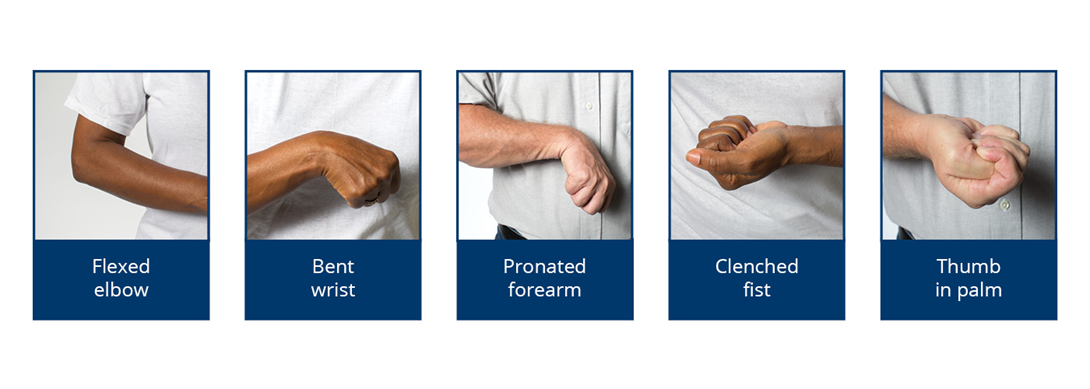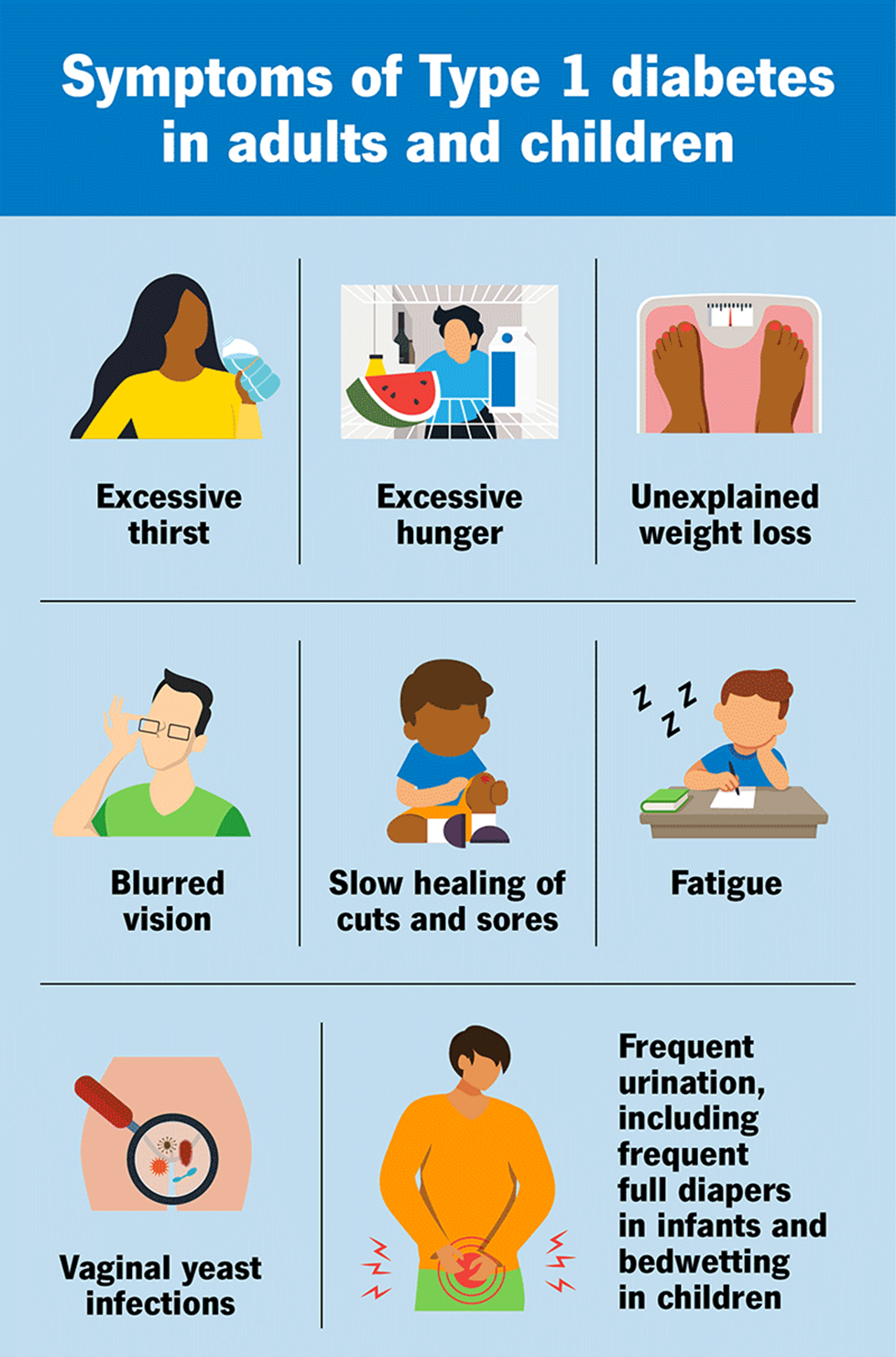A client with myasthenia gravis receives a new prescription for pyridostigmine. Which information should the nurse obtain prior to administering the medication?
Trouble sleeping
Difficulty with urination
Unexplained weight loss
Recent oral intake
The Correct Answer is D
Choice A reason: Trouble sleeping is not a relevant information for administering pyridostigmine, which is a cholinesterase inhibitor that improves muscle strength and function in patients with myasthenia gravis. Trouble sleeping may be caused by other factors, such as stress, pain, or medication side effects.
Choice B reason: Difficulty with urination is not a pertinent information for administering pyridostigmine, which does not affect urinary function or bladder control. Difficulty with urination may indicate a urinary tract infection, prostate enlargement, or kidney stones.
Choice C reason: Unexplained weight loss is not a significant information for administering pyridostigmine, which does not affect metabolism or appetite. Unexplained weight loss may be a sign of an underlying condition, such as hyperthyroidism, diabetes, or cancer.
Choice D reason: Recent oral intake is the correct information for administering pyridostigmine, which should be taken on an empty stomach or before meals to enhance its absorption and effectiveness. Pyridostigmine can also help prevent or reduce dysphagia (difficulty swallowing), which is a common symptom of myasthenia gravis.
Nursing Test Bank
Naxlex Comprehensive Predictor Exams
Related Questions
Correct Answer is D
Explanation
Choice A reason: Increasing intake of fluids and high protein foods is not an instruction that the nurse should provide to the client who is taking baclofen, which is a medication that relaxes skeletal muscles and reduces spasticity. Fluids and high protein foods do not affect the action or side effects of baclofen.
Choice B reason: Stopping taking the medication immediately is not an instruction that the nurse should provide to the client who is taking baclofen, which is a medication that should be tapered off gradually under medical supervision. Abrupt withdrawal of baclofen can cause serious complications, such as seizures, hallucinations, and increased spasticity.
Choice C reason: Obtaining transportation to the emergency department is not an instruction that the nurse should provide to the client who is taking baclofen, which is a medication that can cause mild and transient side effects, such as fatigue and dizziness. These side effects are not life-threatening and usually subside as the body adjusts to the medication.
Choice D reason: Avoiding hazardous activities until symptoms subside is an instruction that the nurse should provide to the client who is taking baclofen, which is a medication that can impair the ability to drive, operate machinery, or perform other tasks that require alertness and coordination. The client should be advised to exercise caution and avoid activities that could result in injury until they are no longer experiencing fatigue and dizziness.

Correct Answer is B
Explanation
Choice A reason: Midmorning is not a likely time for experiencing hypoglycemia after administering glargine insulin at 0800, because glargine insulin has a slow onset of action (about 1 hour) and does not have a pronounced peak effect. Glargine insulin is a long-acting insulin that provides a steady level of insulin throughout the day and night.
Choice B reason: No peak occurs is the correct answer for when hypoglycemia is most likely to occur after administering glargine insulin at 0800, because glargine insulin does not have a pronounced peak effect that could cause a sudden drop in blood glucose levels. Glargine insulin is a long-acting insulin that provides a steady level of insulin throughout the day and night.
Choice C reason: Midafternoon is not a likely time for experiencing hypoglycemia after administering glargine insulin at 0800, because glargine insulin has a long duration of action (about 24 hours) and does not have a pronounced peak effect. Glargine insulin is a long-acting insulin that provides a steady level of insulin throughout the day and night.
Choice D reason: Shortly after midnight is not a likely time for experiencing hypoglycemia after administering glargine insulin at 0800, because glargine insulin has a long duration of action (about 24 hours) and does not have a pronounced peak effect. Glargine insulin is a long-acting insulin that provides a steady level of insulin throughout the day and night.

Whether you are a student looking to ace your exams or a practicing nurse seeking to enhance your expertise , our nursing education contents will empower you with the confidence and competence to make a difference in the lives of patients and become a respected leader in the healthcare field.
Visit Naxlex, invest in your future and unlock endless possibilities with our unparalleled nursing education contents today
Report Wrong Answer on the Current Question
Do you disagree with the answer? If yes, what is your expected answer? Explain.
Kindly be descriptive with the issue you are facing.
